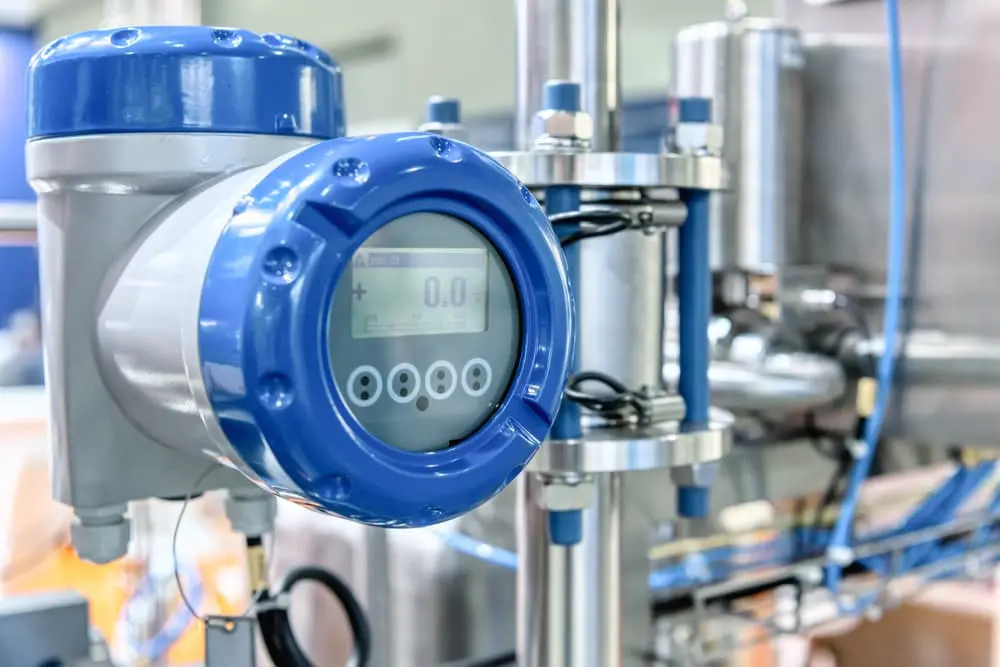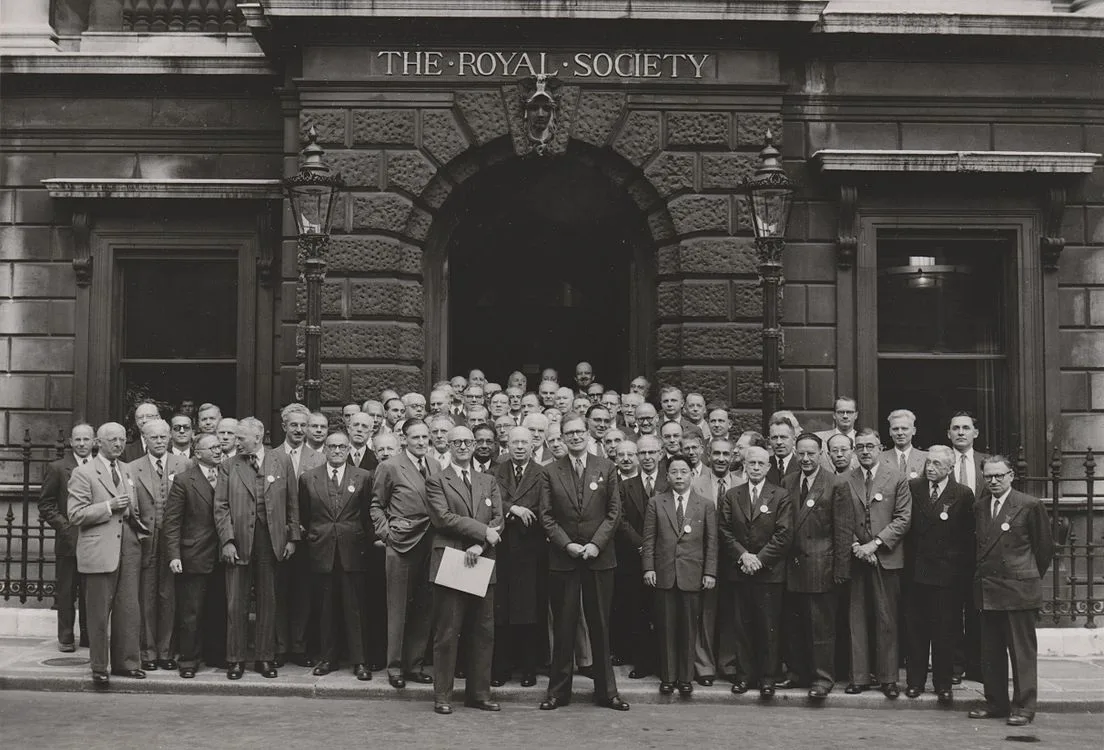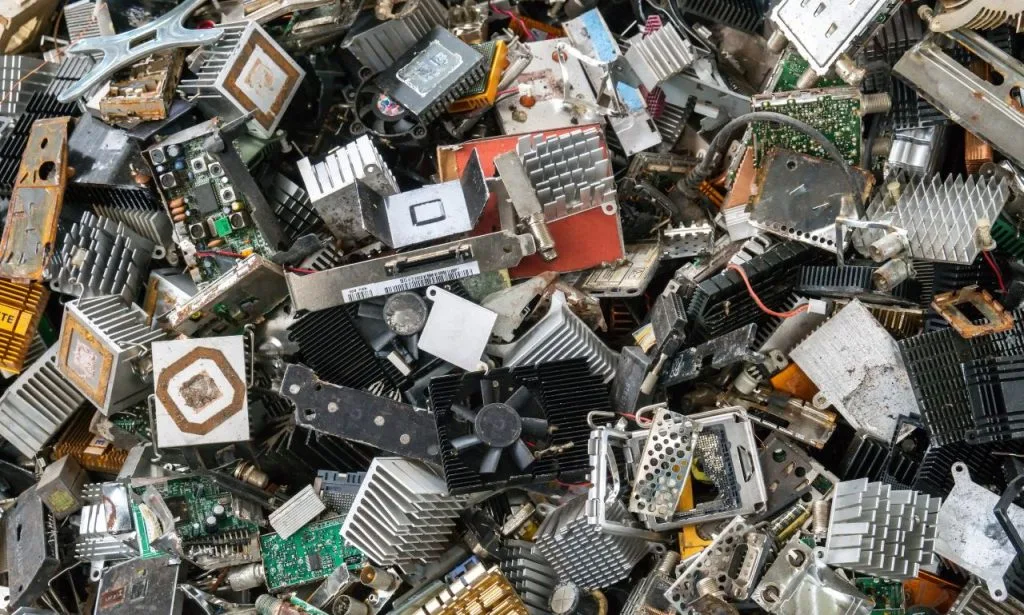
The rapid advancement of technology has touched nearly every aspect of our daily lives, and now it’s transforming how we manage and conserve one of the planet’s most vital resources: water. Enter smart water meters, a cutting-edge tool that’s redefining the way homeowners, businesses, and municipalities manage their water usage. These devices offer unprecedented insight and control over water consumption, making them a true game-changer for modern plumbing.
What Are Smart Water Meters?
Smart water meters are digital devices that track and record real-time water usage. Unlike traditional water meters that require manual readings, smart meters use wireless technology to transmit data on water consumption directly to a central system. This data can then be accessed by users through an app or online platform, offering detailed insights into water usage patterns.
The benefits are multi-faceted, impacting everyone from the average homeowner to large-scale water utilities.
Key Benefits of Smart Water Meters
1. Real-Time Monitoring and Data Insight
One of the biggest advantages of smart water meters is the ability to monitor water usage in real-time. Traditional meters often only provide a monthly or quarterly bill, leaving consumers in the dark about their day-to-day water consumption. Smart meters, on the other hand, provide continuous updates, allowing users to see exactly how much water they’re using at any given moment.
For homeowners, this means greater control over household water use. They can identify times of peak usage, spot unusual patterns, and make informed decisions about conservation. For businesses and municipalities, this real-time data helps to manage water distribution and address inefficiencies across a larger scale.
2. Leak Detection and Prevention
One of the most frustrating plumbing issues for homeowners and businesses alike is undetected water leaks. Not only can leaks waste significant amounts of water, but they can also cause damage and lead to costly repairs. Smart water meters can detect even the smallest leaks by noticing unusual water flow patterns and alerting users immediately.
This proactive detection can prevent major issues, like water damage or high utility bills, before they escalate. Some smart meters are even integrated with water shutoff systems that can automatically close the main valve in the event of a major leak, minimizing damage and water loss.
3. Improved Water Conservation
Water scarcity is becoming a pressing issue in many parts of the world. With climate change and population growth, the need for more efficient water management has never been greater. Smart water meters empower users to become more conscious of their water usage, providing the tools necessary to reduce waste and conserve water.
For example, users can track daily or weekly water consumption and set alerts when usage exceeds a certain threshold. This can lead to more responsible water use, as users are more likely to change their behavior when they can visualize their consumption.
4. Accurate Billing and Cost Savings
Traditional water meters can sometimes lead to billing disputes, as manual readings may be inaccurate or delayed. Smart water meters eliminate this issue by providing precise data on water usage, ensuring that consumers are only billed for the water they’ve actually used.
For many homeowners and businesses, this level of accuracy translates to cost savings. By identifying patterns of excess consumption, users can take action to reduce unnecessary usage, leading to lower monthly bills.
5. Enhanced Utility Management
For water utilities and municipalities, smart meters offer a streamlined approach to managing water distribution and infrastructure. The real-time data collected from smart water meters can help utilities identify leaks in the system, optimize water distribution, and detect unauthorized usage or theft.
Additionally, because data is transmitted wirelessly, the need for manual meter readings is eliminated, reducing labor costs and increasing efficiency. Utilities can also use this data to make more informed decisions about infrastructure upgrades and maintenance, further enhancing the reliability of water delivery systems.
How Smart Water Meters Are Revolutionizing Plumbing
The integration of smart water meters into modern plumbing systems is transforming the role of plumbing professionals. Here are a few ways this technology is shaping the future of plumbing:
1. Data-Driven Maintenance
With the detailed data provided by smart water meters, plumbers can now offer more data-driven maintenance services. Instead of waiting for a problem to occur, plumbers can proactively monitor water systems for potential issues, such as small leaks or inefficiencies. This shift to predictive maintenance can save homeowners and businesses both time and money by addressing issues before they become costly emergencies.
2. Remote Monitoring and Management
Smart meters allow for remote monitoring and management of plumbing systems. This is especially useful for businesses with multiple properties or for municipalities managing water distribution across large areas. Plumbing professionals can use data from smart meters to remotely diagnose problems and even shut off water systems if necessary, reducing the need for on-site visits.
3. A Focus on Sustainability
As the global push for sustainability grows, the plumbing industry is increasingly focused on water conservation and eco-friendly practices. Smart water meters play a critical role in this shift by providing the tools needed to track and reduce water usage. Plumbing professionals can use this data to recommend more sustainable water practices to their clients, from fixing leaks to installing water-saving fixtures.
Challenges and Future Outlook
While the benefits of smart water meters are clear, there are still challenges to widespread adoption. The initial cost of installation can be a barrier for some homeowners and businesses, although long-term savings often outweigh the upfront investment. Additionally, concerns about data privacy and security may deter some users, as smart water meters rely on wireless communication and the collection of personal usage data.
However, as technology continues to evolve, it’s likely that smart water meters will become more affordable, secure, and accessible. Many municipalities around the world are already mandating the installation of smart meters to better manage water resources, and this trend is expected to grow in the coming years.
Smart water meters are revolutionizing modern plumbing by providing real-time insights, improving water conservation, and offering a more efficient way to detect and prevent leaks. For homeowners, businesses, and water utilities, this technology is a game-changer, paving the way for smarter water management and a more sustainable future. As the demand for water continues to rise, smart water meters offer a solution that ensures better control over one of our most precious resources.
The future of plumbing is not just about fixing leaks—it’s about integrating intelligent systems that can monitor, manage, and conserve water in ways we never thought possible.





